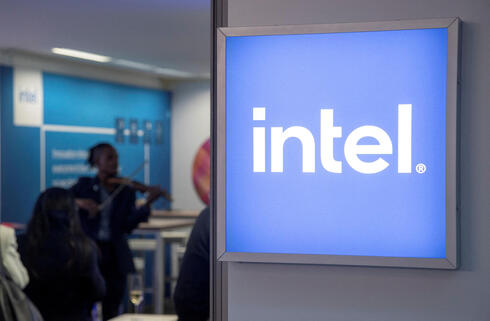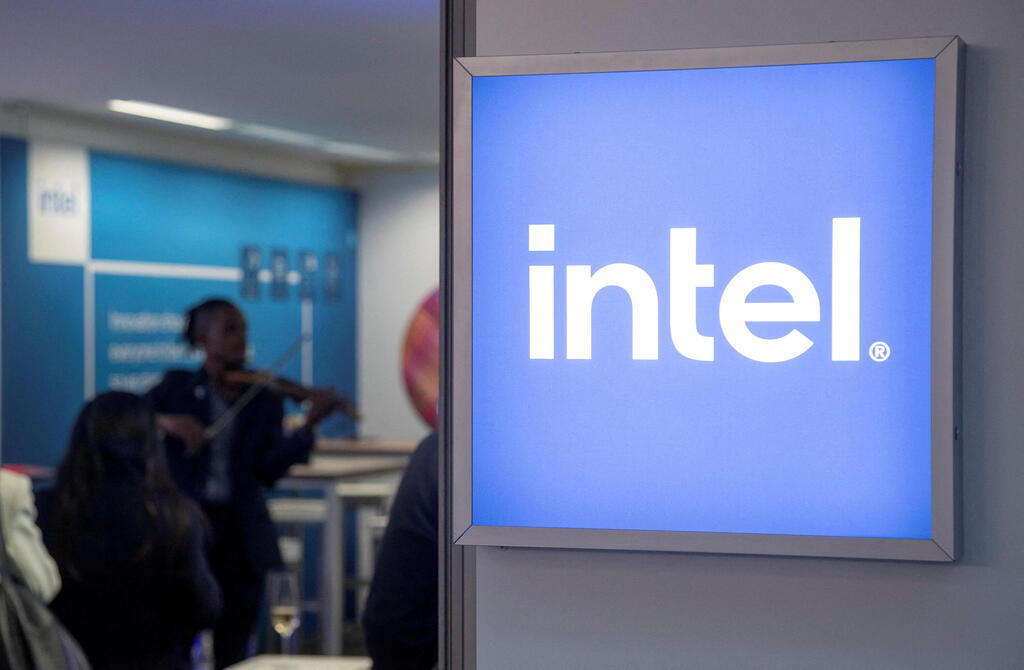
Intel spins off venture arm in latest bid to navigate crisis
The move to separate Intel Capital signals efforts to streamline and refocus amid ongoing struggles. The new fund, slated to begin standalone operations in the second half of 2025, will operate under a different name. Intel will remain an anchor investor, and the current Intel Capital team will transition to the newly formed entity.
Intel is set to transform its venture capital arm, Intel Capital, into a standalone entity, signaling a pivotal moment for one of the world’s most prominent corporate venture funds. The move, announced by Intel on Tuesday, aligns with the company's broader strategy of optimizing its assets while fostering greater focus and efficiency.
Intel Capital, founded in 1991, has been a cornerstone of Intel’s efforts to drive innovation in the tech ecosystem, with investments exceeding $20 billion across more than 1,800 companies globally. The firm has contributed to over $170 billion in market value over the past decade alone, focusing on areas such as silicon, frontier technology, devices, and cloud computing.
“The separation of Intel Capital is a win-win scenario,” said David Zinsner, interim co-CEO and CFO of Intel. “This step allows the fund to access new sources of capital to expand its franchise while maintaining a productive long-term strategic partnership with Intel.”
The new fund, slated to begin standalone operations in the second half of 2025, will operate under a different name. Intel will remain an anchor investor, and the current Intel Capital team will transition to the newly formed entity, ensuring continuity in its investment strategy.
The decision to spin off Intel Capital comes at a time of broader restructuring at Intel. The company has faced significant challenges, including delays in factory projects in Europe and Asia, large-scale layoffs, and the resignation of CEO Pat Gelsinger in late 2024. Gelsinger’s ambitious plans to revitalize Intel through advanced manufacturing and AI technologies struggled to materialize, prompting the company to focus on strategic realignments.
This shift also mirrors Intel’s recent moves, such as the planned spinoff of its RealSense division. Similar to Intel Capital, RealSense is slated to become an independent company in 2025, reflecting Intel’s strategy to optimize its portfolio by granting autonomy to divisions with unique growth trajectories.
Intel Capital has long been a key player in the global startup ecosystem, investing $400-$500 million annually. Its portfolio includes over 200 active companies, 30 of which are based in Israel. Notable Israeli startups backed by Intel Capital include AI21 Labs, WSC Sports, and NeuroBlade.
The spinoff is likely to have ripple effects on Israel’s tech scene, where Intel Capital has been a prominent investor. With increased autonomy, the new fund could attract additional capital, bolstering its ability to support innovative startups in Israel and beyond.













